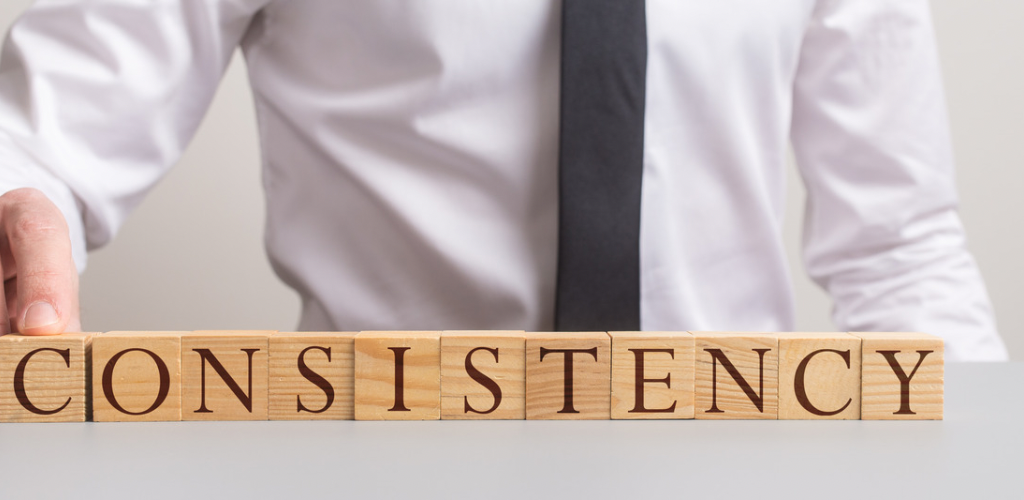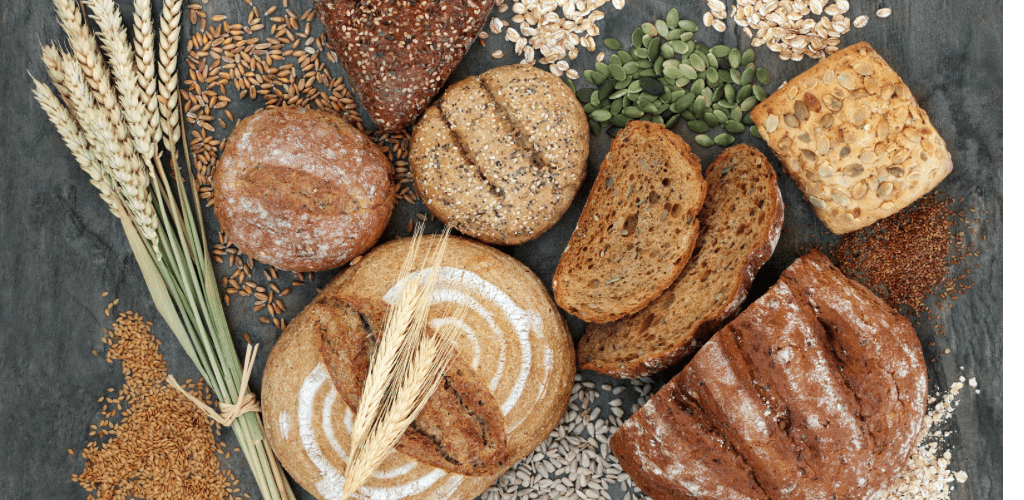1. Balanced Diet:

Eating a balanced diet is a crucial step in achieving healthy weight loss. When it comes to food choices, it’s important to focus on a diet rich in fruits, vegetables, lean proteins, and whole grains. These nutrient-dense foods provide your body with the necessary vitamins, minerals, and fiber it needs to function optimally.
To maintain a balanced diet, it’s essential to monitor portion sizes and avoid overeating. This means being mindful of how much you’re putting on your plate and listening to your body’s signals of fullness. It’s easy to get carried away with large portions, but by keeping an eye on serving sizes, you can prevent excessive calorie intake and foster weight loss.
2. Hydration:

Staying hydrated is often overlooked when it comes to weight loss. Sometimes, thirst can be mistaken for hunger, leading to unnecessary snacking and calorie consumption. By drinking plenty of water throughout the day, you can ensure you’re adequately hydrated and better differentiate between true hunger and thirst. Plus, water offers numerous health benefits and can even boost your metabolism.
3. Regular Exercise:

Incorporating regular exercise into your routine is essential for weight loss and overall well-being. A combination of aerobic exercises, such as walking, running, or cycling, and strength training can help you burn calories, build lean muscle mass, and improve your cardiovascular health. Aim for at least 150 minutes of moderate-intensity aerobic activity or 75 minutes of vigorous aerobic activity each week, along with muscle-strengthening activities at least twice a week.
4. Portion Control:

Portion control plays a significant role in weight management. It’s crucial to be mindful of serving sizes and avoid oversized portions. Using smaller plates and bowls can help trick your mind into thinking you’re consuming more food than you actually are. By paying attention to portion sizes, you can prevent excessive calorie intake and create a calorie deficit, which is necessary for weight loss.
5. Limit Processed Foods:

Processed foods are often high in added sugars, unhealthy fats, and sodium, making them detrimental to weight loss efforts. To promote a healthy lifestyle and shed those extra pounds, it’s important to reduce your consumption of processed foods, sugary snacks, and beverages. Instead, opt for whole, unprocessed foods that offer more nutrients and are less likely to lead to overeating.
6. Eat Mindfully:

In today’s fast-paced world, it’s common to eat on the go or while multitasking. However, this can lead to mindless eating and a disconnect between our bodies and the food we consume. To combat this, it’s crucial to eat mindfully. This means paying close attention to what and how much you eat, savoring each bite, and avoiding distractions during meals. By eating mindfully, you can better recognize when you’re full and make conscious choices about your food intake.
7. Healthy Snacking:

Snacking doesn’t have to sabotage your weight loss goals. In fact, choosing nutritious snacks can actually support your efforts. Instead of reaching for unhealthy options, opt for snacks that are rich in nutrients, such as fruits, nuts, or yogurt. These choices provide essential vitamins, minerals, and fiber while keeping you satisfied between meals.
8. Get Enough Sleep:

Sleep plays a crucial role in weight management. Lack of sleep can disrupt your metabolism, increase cravings for unhealthy foods, and even lead to weight gain. To support your weight loss journey, aim for seven to nine hours of quality sleep each night. Creating a regular sleep schedule and implementing a relaxing bedtime routine can help promote better sleep habits.
9. Set Realistic Goals:

When embarking on a weight loss journey, it’s important to set realistic goals. Setting unattainable expectations can lead to frustration and give up. Instead, establish achievable weight loss goals that allow for gradual progress. Remember, healthy weight loss is a journey, not a race, and focusing on sustainable changes over time is key.
9. Stay Consistent:

Consistency is key in any weight loss journey. Rather than opting for extreme diets or short-term solutions, focus on making sustainable lifestyle changes. This includes adopting healthy eating habits, regular exercise, and maintaining a consistent routine. By staying consistent, you’ll cultivate long-term success and ensure that your efforts yield lasting results.
10. Accountability:

Holding yourself accountable is an effective strategy for weight loss. Consider keeping a food journal or using apps to track your meals and progress. By recording your food choices and exercise routine, you’ll gain valuable insights into your habits and identify areas for improvement. Additionally, sharing your progress with a friend or joining a supportive community can provide motivation and encouragement throughout your journey.
11. Include Fibre:

Fiber is an essential nutrient when it comes to weight management. High-fiber foods help you feel full for longer periods, reducing the likelihood of overeating. Include foods like whole grains, legumes, fruits, and vegetables in your diet to boost your fiber intake. Not only will this aid in weight loss, but it also supports digestive health and prevents constipation.
13. Stay Positive:

Maintaining a positive mindset throughout your weight loss journey is essential. Instead of focusing on perfection or getting discouraged by small setbacks, celebrate your progress and achievements along the way. Remember, weight loss is a challenging process, but every step forward, no matter how small, brings you closer to your goals.
14. Consult a Professional:

If you’re unsure about the best approach to weight loss or have specific dietary concerns, it’s always beneficial to consult a professional. A nutritionist or healthcare provider can provide personalized advice and guidance based on your individual needs. They can help you create a well-rounded plan that takes into account your unique circumstances, ensuring that you’re on the right track to achieving your desired weight.
In conclusion, losing weight in a healthy and sustainable manner requires a combination of a balanced diet, regular exercise, and lifestyle changes. By following the outlined strategies, personalizing them to fit your needs, and seeking professional guidance when necessary, you can embark on a successful weight loss journey. Remember, patience and consistency are key, and always prioritize your overall well-being above short-term results.




